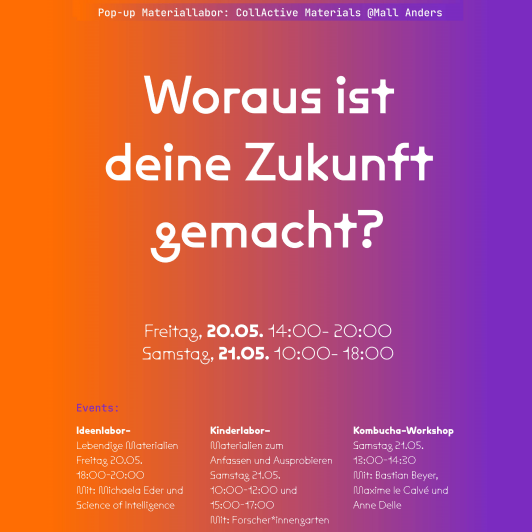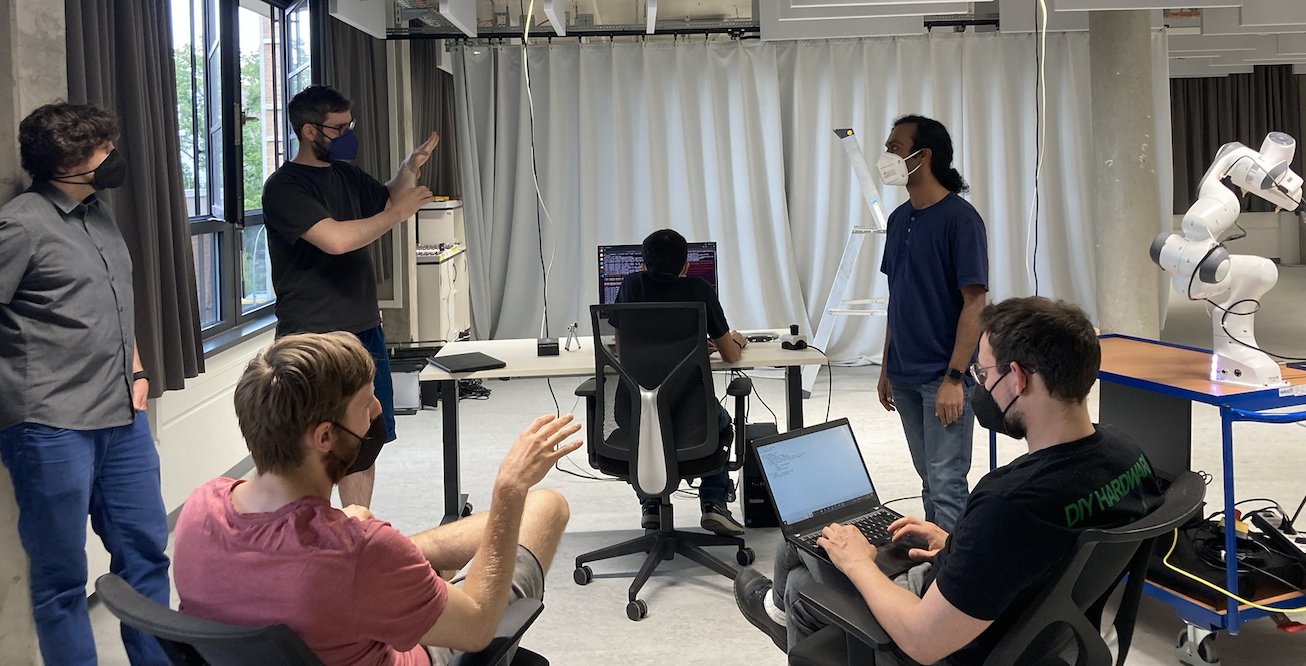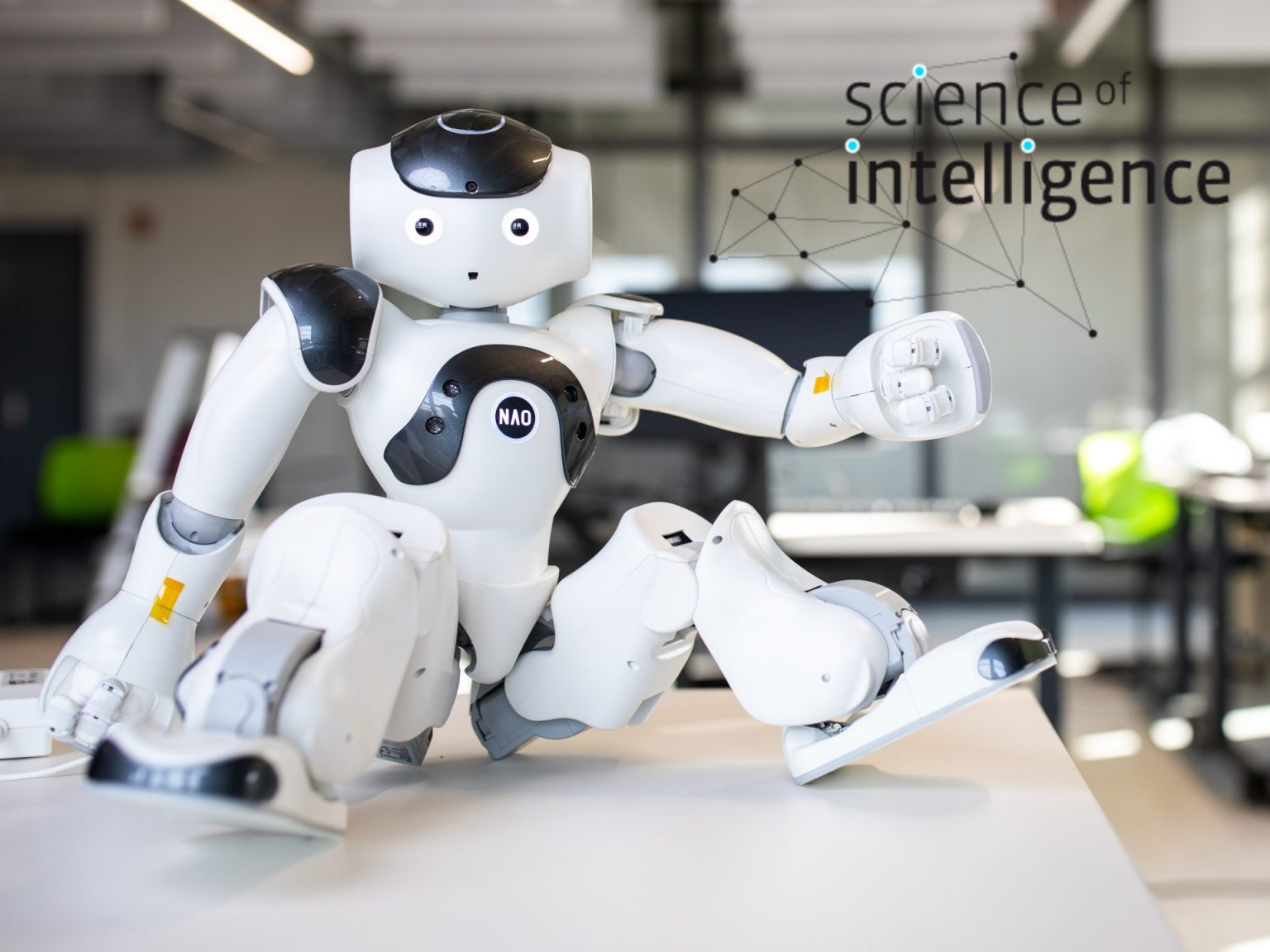
SCIoI+MoA CollActive Materials Event, “Woraus Ist Deine Zukunft Gemacht?”: IdeenLabor, Kombucha Workshop, and Family Activities!
Mall Anders, Wilma Arkaden Wilmersdorfer Str. 46, Berlin, GermanyWhat do sensitive robots, gripping plants and creative bacteria have in common? Let's find out together! In "CollActive Materials" experimental laboratory, a joint project of SCIoI and MoA, research and society come together to explore the materials of the future: Can they be more active or more intelligent than the materials of today? Come by to















